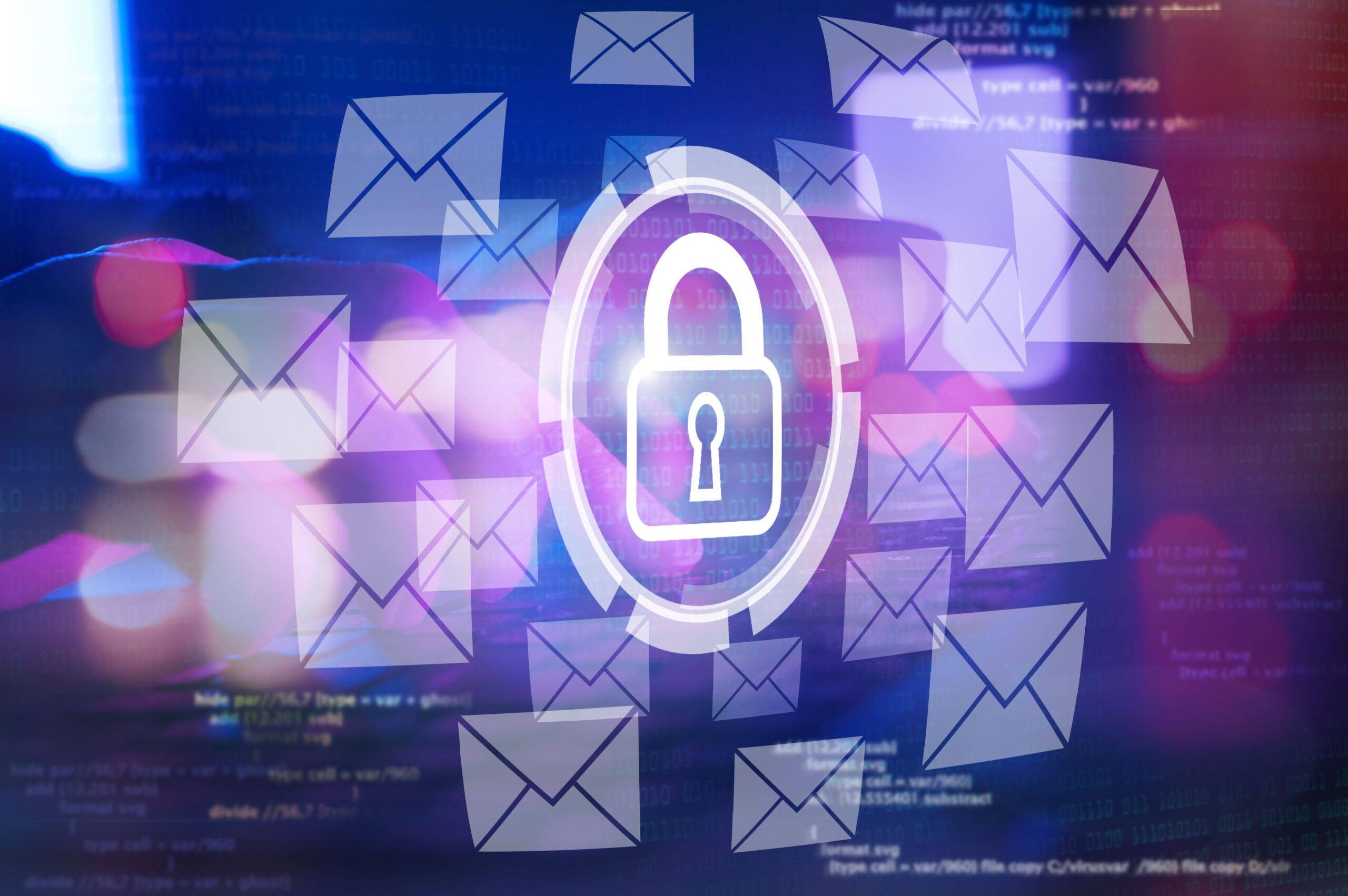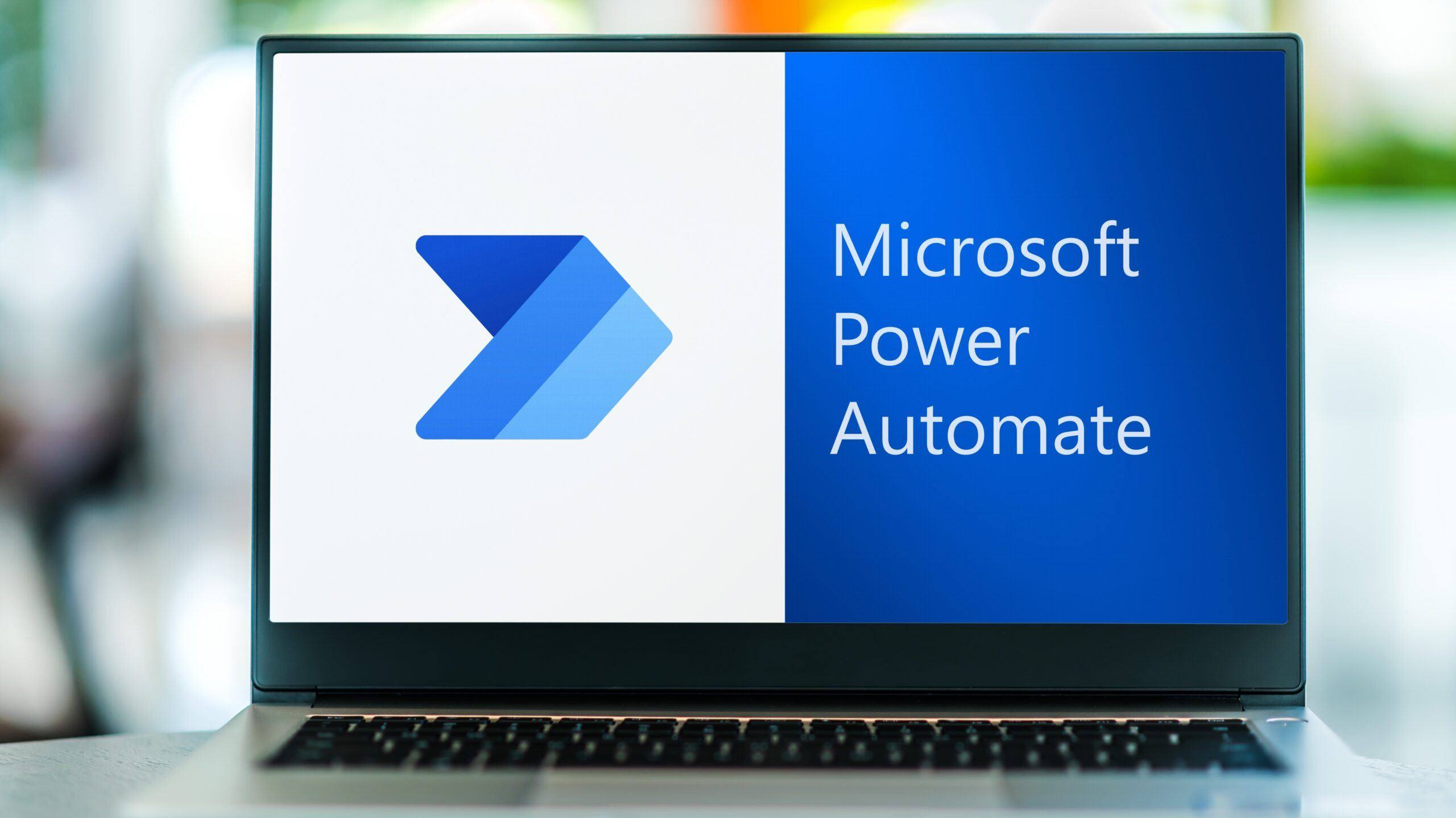5 Tips To Securing Your Business Email Accounts

Securing your business email accounts goes a long way to preventing a data security breach. For business owners, email security should be a priority in your cybersecurity strategy.
The number of high-profile data breaches over the last few years is alarming. Samsung is the latest giant to succumb to a group of organised hackers going by the name of the Lapsus$ Group.
Although the South Korean tech behemoth claim that no personal data was stolen in the attack, it is often the case that email addresses fall into the hands of threat actors.
You can check if your business or personal email has been sold here.
Emails are a valuable source of data for hackers. The sell-on value of email addresses ranges from $100 – $1500. The number of stolen emails in the last year alone has increased the number of businesses that are susceptible to cyber-attacks.
This has to be a concern for business owners of all sizes. Emails present the greatest risk to the security of your business network. Deloitte reports that 91% of cyber-attacks originate with an email.
Understanding how to tighten the vulnerable entry points in email accounts goes a long way to improving your IT security defences. As always, the experts at Micro Pro are here to help you fix a potential IT and cybersecurity problem. And today we’re offering advice about securing your business email accounts.
Email Security Fundamentals
There are, of course, obvious security measures you can take which should be incorporated into your staff training to increase cyber awareness. For the sake of clarity, we have listed these below:
- Create a unique and secure password
- Don’t open attachments or click links in emails that look suspicious or do not originate from known sources
- Do not open unsolicited emails or spam
- Refrain from sending sensitive information via email
- Do not reply to spam emails
- Use a spam filter
- Use antivirus software that scans email attachments
But now on to the proper advice.
1. Set Sensible Microsoft Permissions
The Microsoft 365 Admin Center gives you the option to restrict the type of emails that your employees send and receive. You can also prevent staff from accessing their work email account from a personal device.
On the one hand, there is no better way of securing your business email accounts. However, such restrictive protocols can have a negative impact on productivity. For client-facing businesses, preventing the exchange of emails is not even an option.
Whilst you don’t want to take unnecessary risks, you still need to give a sufficient amount of slack and give your teams a degree of flexibility. The smarter option is to activate a “transport block” which blocks file extensions that are not permitted.
2. Activate Two-factor Authentication
Multi-factor authentication (MFA) may feel like a bind, but it’s a small step worth taking to prevent a much larger problem. By activating two-factor authentication, you’re securing your business email accounts by verifying user authentication rather than solely relying on the strength of a password.
We’ve already written about multi-factor authentication in some depth. If you’re not 100% certain whether you need MFA, we urge you to read this article.
3. Invest in Email Encryption Software
Whilst productivity software like Microsoft 365 offers some protection to secure your business email, it’s worth investing in dedicated email encryption software.
Encryption is a critical component of any cybersecurity strategy. Encrypted emails jumble your messages which makes it impossible to decipher in the event they are intercepted.
For example, client-side encryption services use SSL encryption which awards a specific device a certificate that limits the readability of emails to the device that has authorised access to your business email account. Even if the email account of one of your employees is compromised, hackers would not be able to access information unless they also have the device that stores the permission. Which can happen if a mobile device is stolen.
4. Secure Mobile Device Endpoints
Allowing your employees to use their personal devices to access your business network is a tough call to make – especially given what I just told you about stolen devices!

Taking the decision to allow personal devices to access your business email accounts requires weighing up the pros and cons. How much more productive will employees be if they use their own devices? How often do they need to use a personal device to access their work emails?
Most employees are conscientious workers and want to be productive. It can be beneficial to enable them to access their work email from a personal device.
This requires allowing the device permission to access your network. As a consequence, you increase the risk of presenting hackers with a gateway onto your network. To compensate, you need to secure the endpoints on permissible mobile devices.
Microsoft has a ZeroTrust security strategy that involves initiating an access control system that insists on user verification. Endpoints are enforced through the cloud by configuring devices, protecting apps, and enabling automated responses.
Train Staff To Spot Malicious Emails
Every one of your employees is a potential target for threat actors. That means that every one of your employees is a potential liability to the security of your business network and the protection of sensitive data.
To say that cybersecurity awareness training is important is an understatement. It’s imperative. Here’s a stat to prove it.
95% of data breaches are caused by employees.
Need I say more?
Oh, go on then. Cybersecurity training should include:
- How to craft a secure password
- How to identify phishing emails
- Avoid using unsecured networks; i.e public wifi
- Log out of your email account when you’re not using it
Secure Your Business Email with Micro Pro
Our team of IT specialists have years of experience helping businesses of all sizes deploy a cybersecurity strategy that helps to protect your business.
In addition to using advanced technologies such as cloud solutions, anti-virus software, and remote monitoring, we also provide tips, advice, and updates that keep you informed of the latest techniques adopted by bad actors.
Don’t risk leaving the back door open to malicious criminals – especially if your business email has already been compromised. Take advantage of the wealth of knowledge of our IT and cybersecurity specialists in London and Surrey. Get in touch now.


